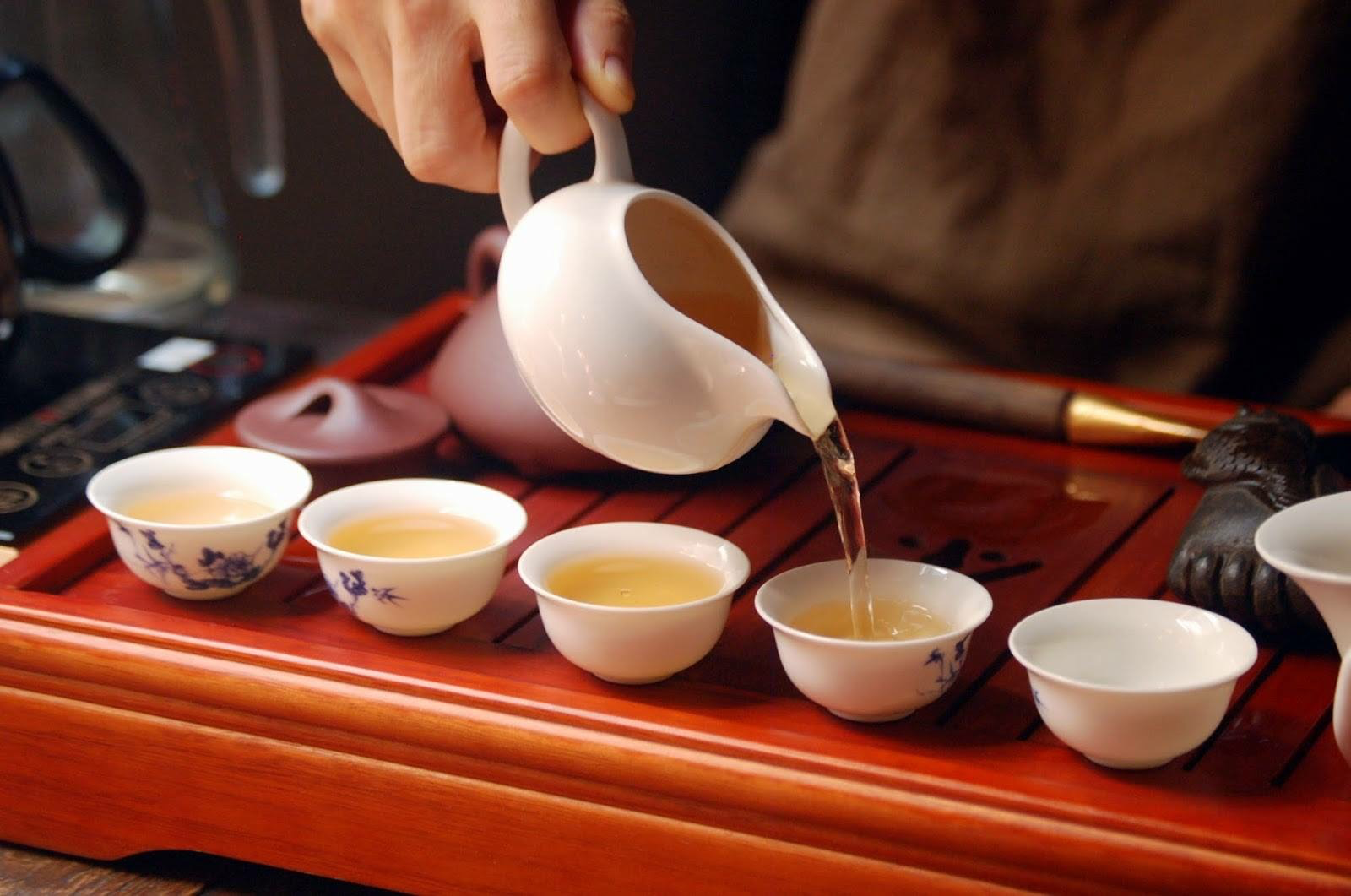The tradition of serving tea in Chinese restaurants is deeply rooted in the rich cultural and historical heritage of China. Tea has been an integral part of Chinese culture for thousands of years, and its significance extends beyond just a beverage.
The practice of serving tea in Chinese restaurants is influenced by various factors, including cultural, social, and historical elements. In this essay, we will explore the reasons behind the tradition of serving tea in Chinese restaurants and its cultural significance.
Historical Roots of Tea Culture in China:
China is considered the birthplace of tea, and its history dates back over 4,000 years. Legend has it that Emperor Shen Nong discovered tea when tea leaves accidentally fell into his boiling water. Tea gradually became an essential part of Chinese daily life, evolving into a symbol of refinement, hospitality, and social harmony.
Tea culture in China encompasses a wide range of practices, including the preparation, serving, and consumption of tea. The Chinese have developed a profound appreciation for different types of tea, each with its unique flavor profile and health benefits. The emphasis on the art of tea preparation and the aesthetics of tea-drinking has contributed to the integration of tea into various aspects of Chinese society, including culinary traditions.
Cultural Symbolism of Tea:
Tea holds immense cultural significance in China, symbolizing harmony, respect, and the connection between people. The act of serving tea is deeply rooted in Confucian values, where rituals and manners play a crucial role in interpersonal relationships. Offering tea is a gesture of hospitality, friendship, and respect, reflecting the traditional Chinese virtue of filial piety.
In Chinese culture, the tea ceremony is a highly regarded practice that emphasizes the proper preparation and presentation of tea. While the elaborate tea ceremonies are often associated with traditional Chinese tea houses, the simple act of serving tea in restaurants carries the essence of this cultural tradition. By offering tea, Chinese restaurants extend a warm welcome to patrons, creating an atmosphere of comfort and familiarity.
The Role of Tea in Chinese Cuisine:
Tea serves as a palate cleanser in Chinese cuisine, playing a role similar to that of sorbet in Western dining. Its mild and refreshing taste helps cleanse the palate between courses, allowing diners to fully appreciate the diverse flavors of Chinese dishes. This culinary function of tea aligns with the Chinese philosophy of balance and harmony in food.
Different types of tea are often recommended to accompany specific dishes. For example, green tea might be served with lighter dishes, while stronger teas like oolong or pu-erh are preferred with heartier, more flavorful meals. This pairing enhances the overall dining experience by complementing the flavors and textures of the food.
The Social Aspect of Tea Drinking:
Tea-drinking in China is not just a solitary activity; it is often a communal experience. Families and friends gather to share tea, engage in conversation, and strengthen social bonds. The social aspect of tea aligns with the communal nature of dining in Chinese culture. By serving tea in restaurants, the establishment encourages a sense of togetherness and conviviality among diners.
Moreover, the act of pouring tea for others is a gesture of politeness and care. It reflects the Chinese concept of “giving face” or showing respect to others. In a restaurant setting, the waitstaff pouring and refilling tea for patrons symbolizes the establishment’s commitment to providing a positive and attentive dining experience.
Tea as a Symbol of Tranquility:
Chinese tea culture also places importance on the calming and meditative aspects of tea-drinking. The act of brewing and sipping tea is associated with mindfulness and tranquility. By incorporating tea service into the restaurant experience, Chinese establishments create an environment that encourages relaxation and enjoyment.
The aroma of freshly brewed tea contributes to the overall ambiance of the restaurant, promoting a serene atmosphere. This aligns with the Chinese belief that the enjoyment of food is not merely a physical experience but also a sensory and spiritual one. Tea serves as a bridge between the physical and spiritual realms, enhancing the overall dining atmosphere.
Adaptation and Continuation of Tradition:
As Chinese cuisine spread globally, the tradition of serving tea in restaurants adapted to different cultural contexts. Chinese restaurants outside of China have embraced the practice of offering tea to patrons, maintaining a connection to the cultural roots of Chinese culinary traditions. This adaptation serves not only as a nod to tradition but also as a way to create a distinct and authentic dining experience for customers.
In many Chinese restaurants, the tea service is not just a functional aspect of the dining experience; it becomes a form of entertainment and education. Some establishments feature tea experts or tea masters who perform traditional tea ceremonies, adding an extra layer of cultural richness to the dining experience. This educational aspect helps patrons appreciate the depth of Chinese tea culture.
Conclusion:
In conclusion, the tradition of serving tea in Chinese restaurants is a multifaceted practice deeply ingrained in the cultural, historical, and social fabric of China. From its ancient roots as a symbol of harmony and respect to its role in culinary traditions and social interactions, tea holds a central place in Chinese culture. The practice of serving tea in restaurants reflects the enduring values of hospitality, communal dining, and the pursuit of balance and harmony in all aspects of life.
As Chinese cuisine continues to captivate global audiences, the tradition of serving tea in restaurants becomes a bridge between cultures, inviting patrons to partake in a centuries-old ritual. It is not merely a beverage; it is a conduit for cultural exchange, a symbol of tradition, and a reminder of the timeless values that define Chinese society. In essence, the act of serving tea in Chinese restaurants is a continuation of a rich cultural legacy, inviting people to savor not just the flavors of the cuisine but also the depth of Chinese tea culture.
